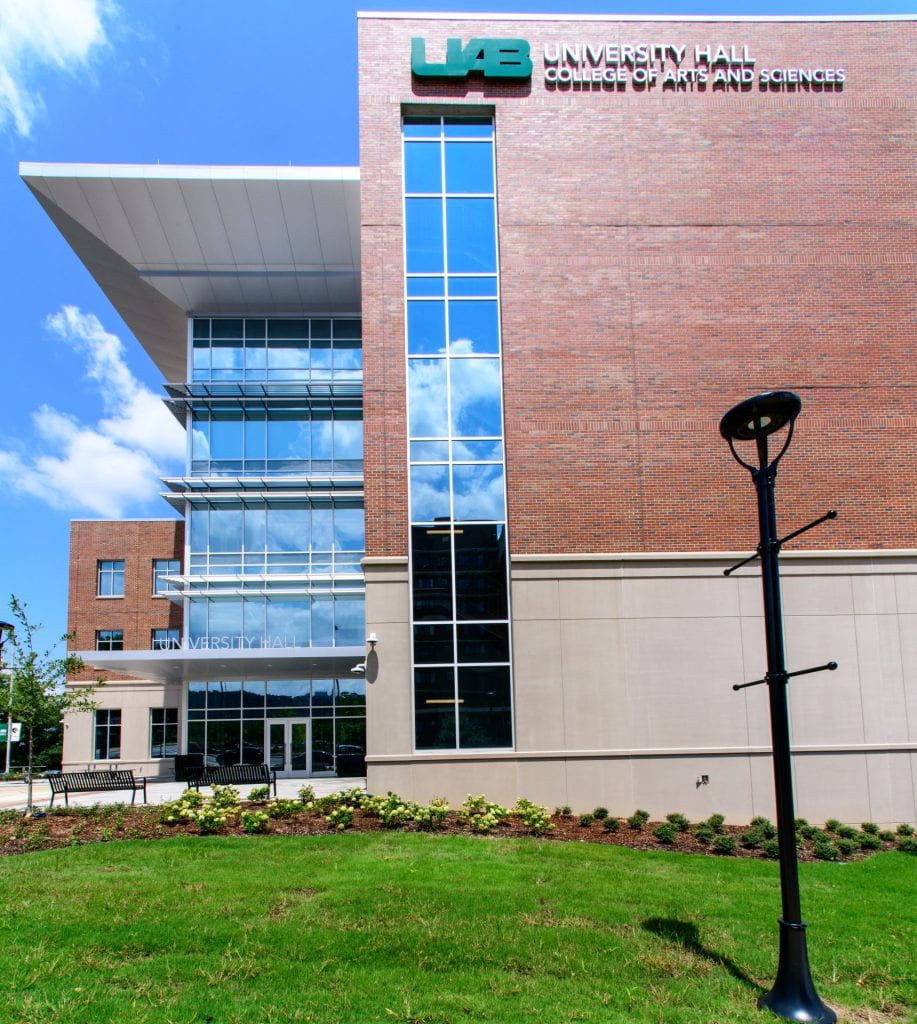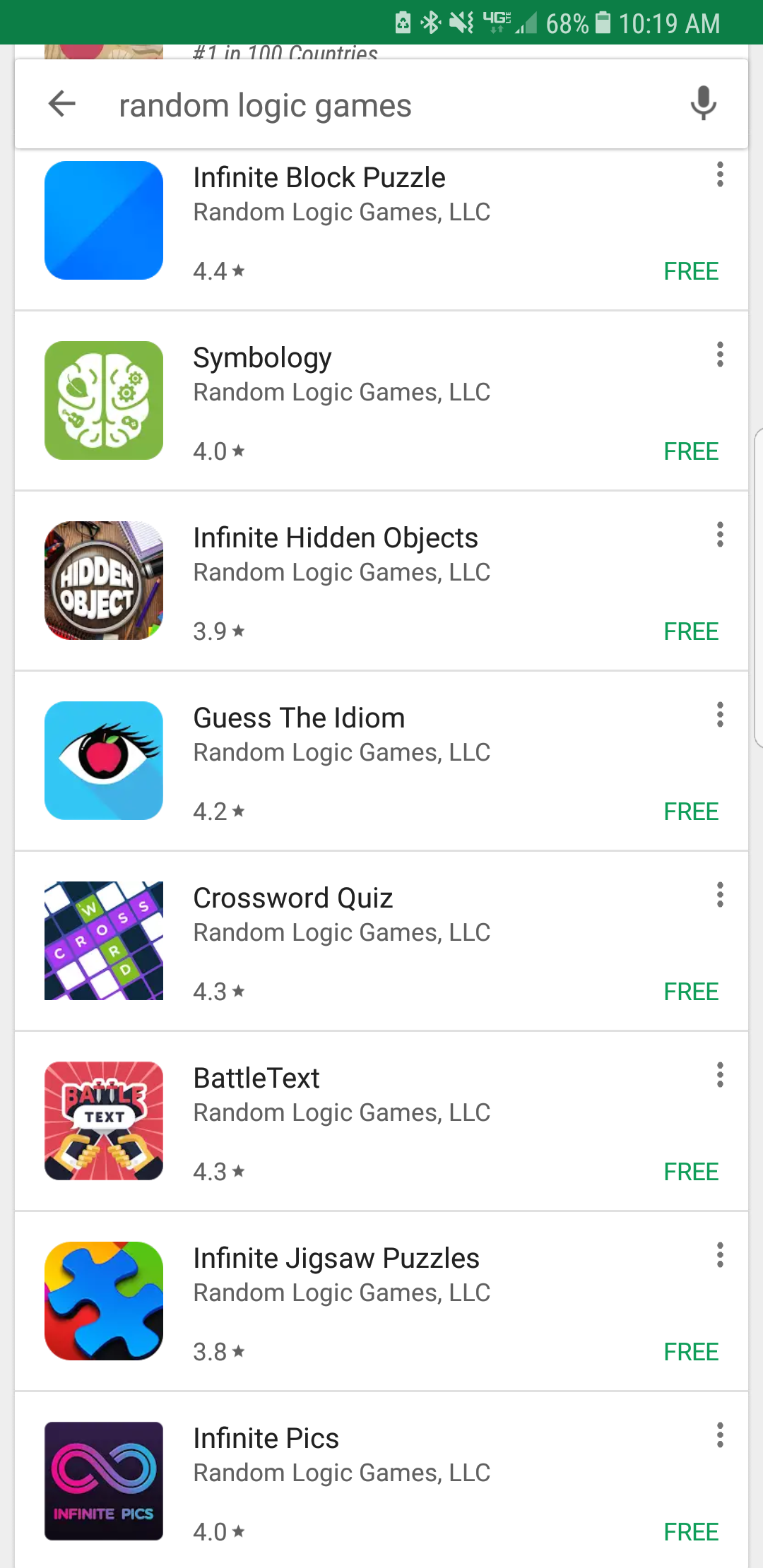
Professional writing brings game-changing opportunities to English majors. PW classes equip students to take the skills they learned in their literature and creative writing classes and bend them to match a certain career field that is right for them.
Almost every organization needs writers. Because of the wonderful flexibility of professional writing, there are numerous jobs out there for a writer who is willing to branch out into other fields of study. You simply has to find where your fit in; you have to find your unique niche.
What do I mean by finding your unique niche? People are usually interested in a wide range of different topics and skills. Your niche is a place where writing and another interest intersect to form a career that will be the perfect match for you. Below I have provided three job examples. Each is different, yet they all incorporate English into other experiences and interests.
Customer Experience Manager
Did you enjoy working as a barista at a local coffee shop in college? Do you have a thing for customer service? Toby’s Estate [now Partners Coffee], a coffee shop located in Brooklyn, New York, is looking for a Customer Experience Manger. These managers take care of the overall experience of customers as well as the staff. Toby’s Estate’s job ad mentions that these managers do a variety of different jobs including handling “complaints and customer feedback” and organizing “social media requirements for Marketing and tak[ing] photos.” A previous job you enjoyed in a certain field is just one way to lead to a future career.
English assignments prepare students to appeal to multiple audiences since professors often have different standards and preferences. Professional Writing is no exception and, in fact, exemplifies this ability. Regarding the example above, someone who has worked in a coffee shop or a similar environment can combine the variety of skills they learned on the job with their college experience to get a job that is just right for them.
Advertising Art Director
Do you enjoy art and writing? Advertising Art Directors channel their artistic side as well as the different skills gained from four years of writing experience. Amazon’s job advertisement requested a portfolio that “demonstrates big, campaignable thinking that can extend into any medium.”
An English major who is experienced in different forms of art would have the perfect portfolio for this job. This career is an example of someone who might take a hobby or a minor in a specific field and turn it into something they can do for the rest of their life.
Though English classes give students a general idea of how to appeal to different audiences, professional writing classes provide students with a more precise understanding of editorial concepts. For instance, Digital Document Design, a class at UAB, focuses on developing documents and learning programs. Additionally, someone talented in art or graphic design would find themselves better prepared for such fields.
Communications Director
Are you passionate about a nonprofit organization? Active in your faith community? Then something similar to a Communications Director at Ingleside Baptist Church in Georgia could be an option. A communications director is in charge of all the organization’s communications with those outside of their organization. This could be on social media or through emails. The job ad stated having a passion for their ministry and possessing “excellent written and verbal communication skills” was important. This is an example of how to channel a passion for a certain belief or nonprofit into a potential career.
Community outreach can be as competitive as marketing a product to a specific group of people. Good writers are needed to create successful content that will appeal to the church’s intended audience. However, these organizations also need people passionate and knowledgeable about their work to f ill these positions. Here is where a writer interested in the organization’s work could shine in a job application.
These are only a few of the possibilities for English majors. So go explore the internet! Your dream job could be right under your nose.







